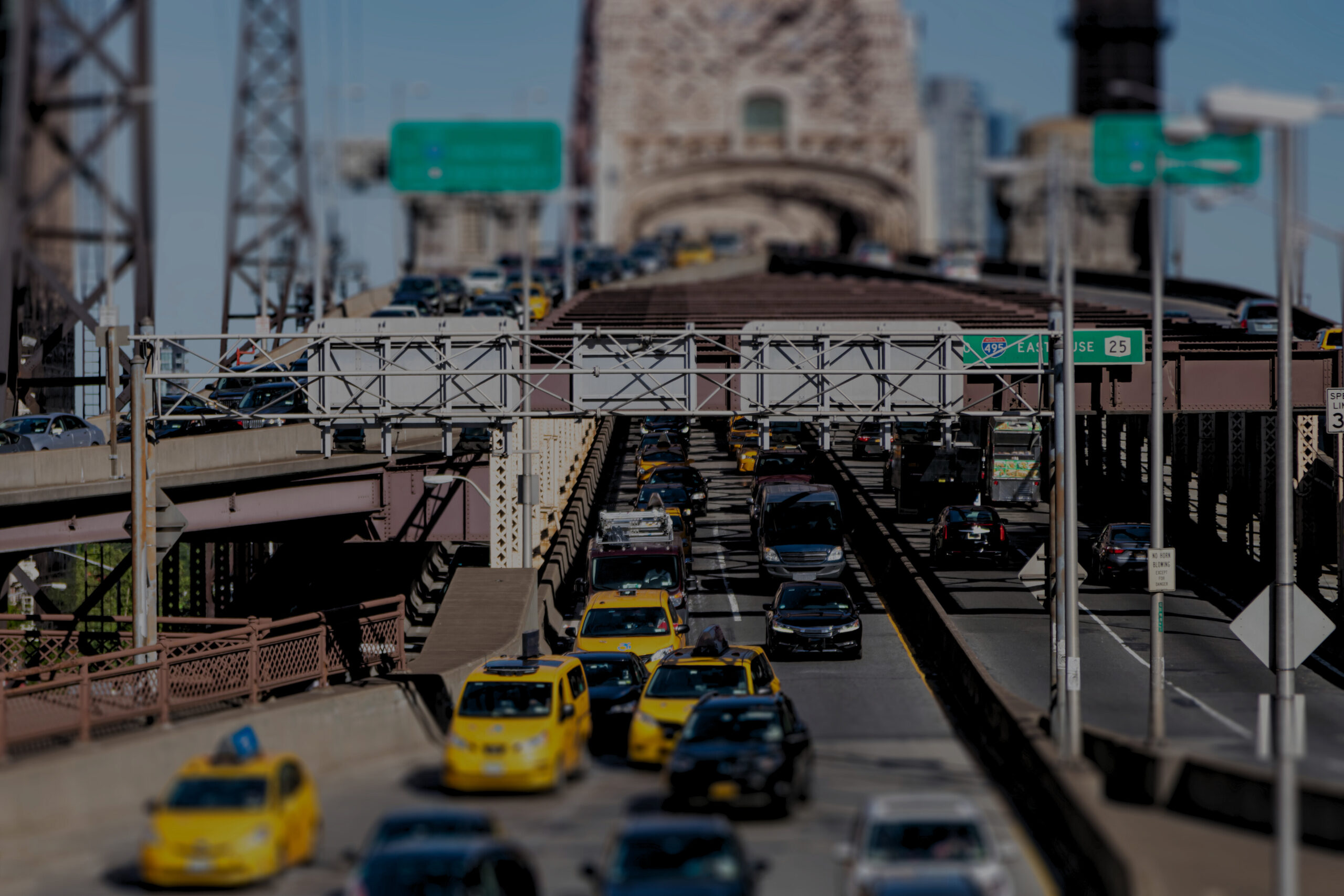As the NY Times and other outlets report, earlier this month the MTA board approved the New York City congestion pricing plan, and MTA officials aim to start implementing the plan as soon as June this year. While several legal challenges may delay implementation, it is instructive to explore how the congestion pricing plan may affect real estate in the city. A licensed New York City Real Estate Lawyer can help you navigate the impacts this may have on the Real Estate market in NYC.
Details of the Congestion Pricing Plan
The plan will have New York City charging a daily fee of $15 for passenger vehicles entering the Congestion Zone, which includes streets in Manhattan south of 60th Street. More about the details of the program can be found at the NYC 311 website.

Comparative Insights: London’s Congestion Charge
While there are no similar congestion pricing plans in the country to draw experience from, London’s congestion charge which was implemented in 2003 could be useful to look at. Studies done on the London congestion charge show that local traffic conditions improved. In addition, home prices in the London congestion zone went up compared to property prices outside the zone. One such study suggests that people valued the improvements to traffic in the zone and were willing to pay for it.
Potential Impacts on NYC Real Estate
It is possible that some of the increase in value for properties inside the London Congestion Charge Zone could be explained by the 90% residents discount given to people living in the zone. So far, no similar discount for residents inside the NYC Congestion Zone is planned, and the topic of who is exempt or entitled to reduced rates under the NYC plan had been an area of much debate.
It is possible that the NYC congestion pricing plan will affect real estate outside of the congestion zone as well. There are several factors that have already been raised. Real Estate brokers in NYC have started highlighting the benefits of properties outside of the Congestion Zone, advertising that potential purchasers could avoid congestion fees if they live away from the zone. On the other hand, some groups have raised concerns that vehicles travelling into Manhattan would choose to drive around the Congestion Zone and increase traffic and associated pollution in the areas outside the congestion zone.
Conclusion: Navigating the changing environment
These are all potential impacts, and the real estate market is influenced by many factors. It remains to be seen how effective the implementation of the congestion pricing plan will be. Enlisting the help of experienced professionals such as New York City real estate lawyers could be beneficial to navigating the changing environment. Contact us today


